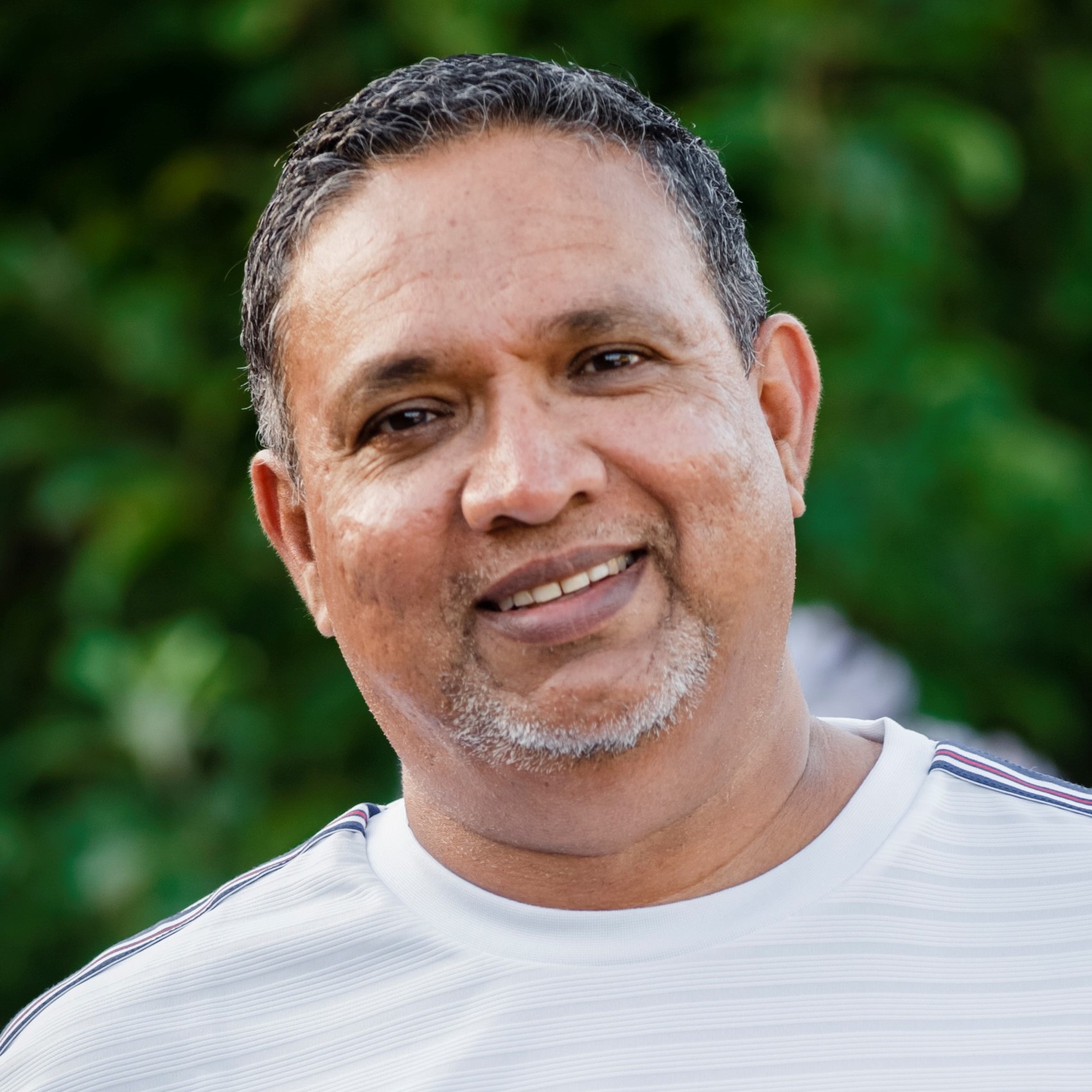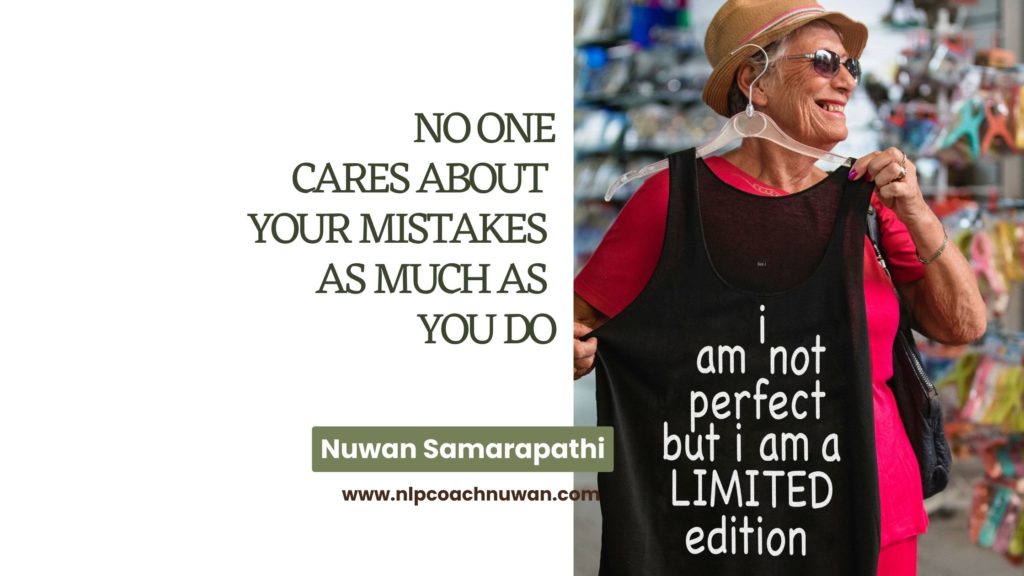Loving Yourself, Healing, and Moving Forward: 6 Truths About Recovery
Nuwan Samarapathi
January 27, 2023

“Sometimes you need to scorch everything to the ground, and start over. After the burning the soil is richer, and new things can grow. People are like that, too. They start over. They find a way.”
– Celeste Ng, Little Fires Everywhere
How to let go of the past and move on blissfully is a question that many of us have. We must move forward and hope for greater things to come since holding onto the past can be toxic. Here are 6 truths about recovery that no one has told you before.
It’s Not Your Fault
“These small things saved me when nothing else could,” said Alexander Chee.
He was talking about how he developed self-forgiveness and a frugal lifestyle.
Self-blame – a thought pattern that is often inaccurate and negatively biased – is a problem for many people living with mental illness. Yes, there could have been things that may have been within your control that had been mismanaged, but the truth is that you can control your own actions and responses, but you cannot control external events or hold yourself responsible for others’ feelings and actions.
If you constantly question, scrutinize, and analyze everything you say and do around other people, you can’t enjoy yourself around others. You’ll be so afraid to reveal to people anything “odd” or “strange,” telling them that you have a “problem,” or that you’re still dealing with the symptoms of mental illness.
Your fear is legitimate. But you have to stop fearing being misunderstood and begin feeling confident. And this requires a huge step: accepting that you won’t be the exact same person once you’ve recovered.
The first step in emotional recovery is to recognize that as you adapt to a new life, you have become a survivor – and you must be proud of that. It is okay if you’re different from who you were before. Perhaps you may has always been meant to be who you are today.
Healing Isn’t a Straight Line
Healing isn’t something that happens overnight – it’s not like you go from A to B in a straight line. You don’t just get over the pain, you learn to live with it. Healing is more like a light scar on your skin rather than a deep, throbbing wound.
It feels like sometimes we’re just like fish in a river, going wherever the current takes us even if it’s not the direction we wanted to go in.
It’s like you’re sailing in the middle of the ocean; anything can happen at any time – a sudden huge wave could come along and flip you over, or you might even spot a whale. But eventually, you’ll find some peace and serenity, where you can appreciate the ocean instead of just being fearful of it. That’s what taking time to heal is all about – finding that inner calm.
Healing isn’t about getting rid of the pain for good – it’s about trying to figure out how to make it bearable until it doesn’t hurt so much. Even then, the pain still sticks around in certain habits and thoughts.
In the end, it’s all about realizing that life keeps going. No matter what emotions you’re feeling and no matter what you’re going through, life is never truly over. It keeps spinning and progressing and eventually you’ll be able to progress with it.
It’s normal to be stuck in a rut for a bit. It’s totally understandable to feel like you don’t know what you’re doing and where you’re headed. But no matter what, tomorrow will still come, and eventually, you’ll find yourself back on track.
What Works for One Person Might Not Work for You
It’s okay if you rolled your eyes when you read that – many people in recovery would feel the same way.
The fact that something works for one person does not mean it will work for you as well. Social media has a downside in that people always post what they think will work for them. Influencers are literally asked to post their routines, habits, and what’s worked for them in hopes of solving all their problems.
However, there’s no one-size-fits-all as far as recovery is concerned. Medications work for some people, but not for others. For some people, meditation works, but for others, it doesn’t. One person might find the gym to be their saving grace, but another could become obsessed with it to the point of developing an eating disorder. Each person is different.
Sadly, terrible experiences with therapy do occur as well, and some swear off it, believing it won’t work. There are different treatments, providers, and modes of treatment that are suitable for different people. Using your energy on something that doesn’t work can feel defeating, but it’s worth finding what works. Recovery will be smoother in the long run if you choose the right person or treatment.
It’s Okay to Not Be Okay
You thought you had recovered. You thought it wouldn’t happen again. You thought you had regained your confidence. But where is it right now? What do you say when you tell them you aren’t recovered? How do you explain the flare-ups? The loss of your progress? Losing everything and having to start over?
Although healing can make you better emotionally, mentally, and physically, it does not guarantee you will be happy every day. It’s okay to have bad days sometimes. If you are still sad about your pain, it doesn’t mean you have ruined all your healing. It simply means you are a complex human being.
Healing and taking care of yourself means that you are more prepared for the bad days – you are stronger than before, and you will endure any pain with resilience.
You do not have to be at 100% every single day. There are some days when you can only give 30%, or maybe even 10%, and that’s okay, too. Waking up in the morning and going about your life – even if you are slower than usual – is good enough.
Have you brushed your teeth and gotten a shower today? That’s fantastic! Were you able to make it through the day without tearing up? That is even better!
Having days when all you can give is the bare minimum is okay. The bare minimum might seem inadequate at first – and maybe to some people it isn’t – but as long as you work toward getting back to 100 per cent eventually, then the bare minimum days are fine.
Change Is Not Always Bad
What people don’t tell you about recovery is that you will need to change. Maybe it involves leaving a relationship or staying and working through it, which is just as difficult. Maybe it is a matter of being grateful and appreciative, or maybe it is a matter of uprooting everything you’ve built and starting over because you haven’t reached your full potential.
Very often, you’ll have to do what scares you the most. In order to succeed in life, you must learn to be independent, carve your own path, stand up for yourself, and stop valuing other people’s opinions above your own. It will take courage, to be honest, have hard conversations, and accept being disliked.
Changing your mindset is the first step to accepting recovery. Change means growth. Though it may sound cliche, develop an intention and then support it. Change is a part of life, and the feelings that come with it are only temporary. The ability to accept change is a skill that will serve you well for the rest of your life.
Take pride in your accomplishments, but don’t be hard on yourself if you struggle to adapt to change in your life or during your recovery. Acceptance in recovery is made easy when you realize that the change you are going through is for the benefit of your overall health and well-being.
There Is No End to Recovery
“One final thing: Congratulations on your journey of recovery!”
The word “recover” means to return to a normal state of health, mind, or strength.
A normal state of mind? Are you really…normal again?
It’s what you say to people when someone asks you how you’re doing. However, when you make your way to the restroom and stop there in the dark for a little while, your thoughts are firmly fixed somewhere else. Your whole body is hollow, empty. Your hand slides slowly up the door frame, fearing what will appear when the light is turned on.
Is this what recovery looks like?
“I congratulate you.”
Why on earth are they congratulating you? This isn’t recovery. This isn’t healthy. This isn’t what “recovered” individuals do after writing what an old pal calls an “inspiring” or “beautiful” piece as if it is so simple to recover from a disorder. As if it is a six-step process, and all you have to do is follow a list.
When people look into your face, they only see what they want to see. They want to see a healthy, joyful person who doesn’t purge anymore.
But the greatest truth I know about recovery is that it is never fully over. You never stop getting recovered – we’re on a boat in the ocean, remember?
Recovery is not a straight line. You cannot always be okay, and you are not always confident. But that is okay. Tomorrow you will look in the mirror and see someone better. Tomorrow you will recover again. There’s never something such as a recovery finish line.
Final Thoughts
There are so many other truths about recovery that no one ever talks about. But I hope these truths can not only make you feel better about the pace of your own journey but can also help give you hope that it will get better each day.
I also warmly invite all individuals involved in any aspect of recovery and resiliency to the {name} conference to be held on {date}. Sure to be an inspiring and informative event, this conference is designed to teach participants how to make leaps and bounds in their self-awareness and recovery. You will understand your health and your needs – and have a more relaxed attitude toward life.
The goal of the conference is to provide a space to connect with others to advance our knowledge, understanding, and approaches to support young people on their path to recovery. This impactful conference will focus on making you feel more comfortable in your thoughts and behaviours.
Categories
Have Any Question?
Contact Nuwan for a free initial meeting.






